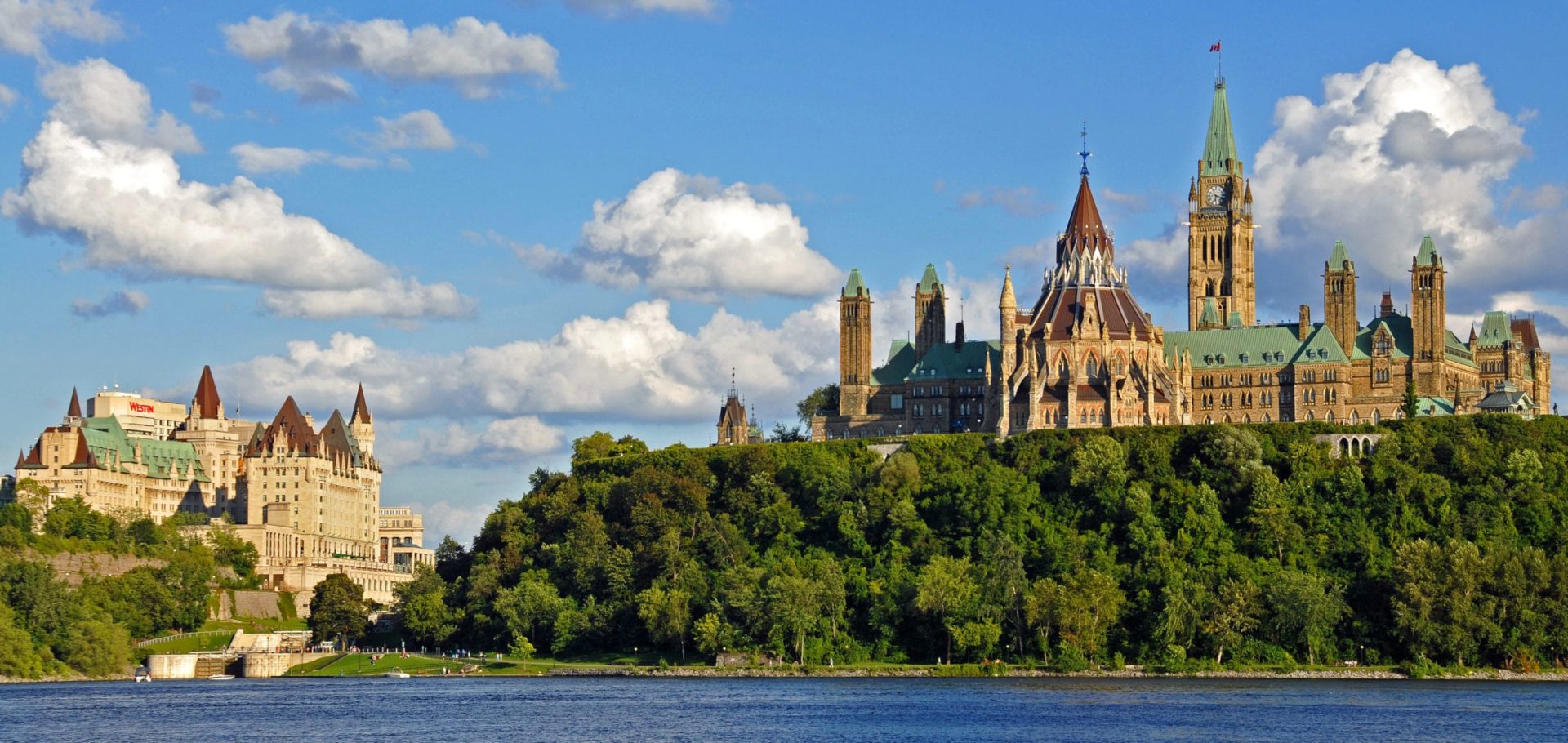VANCOUVER – Canada’s decision to approve “weaker” climate plans from Ontario and New Brunswick points to serious loopholes in existing climate legislation and the need for a new Canadian Climate Act, Ecojustice says.
On Monday, the federal government and provinces announced two new agreements that will allow Ontario and New Brunswick to move ahead with their own provincial climate plans and opt-out of the federal price on carbon – despite the fact federal Minister of Environment and Climate Change Jonathan Wilkinson has called Ontario’s approach “significantly weaker than the federal backstop.”
The parties announced the deals on the eve of a Supreme Court of Canada hearing that will determine whether the federal government has a right to put a price on carbon and set minimum national standards to fight the climate emergency. Ecojustice is intervening in that case on behalf of the David Suzuki Foundation and the Athabasca Chipewyan First Nation, in support of the federal government’s position.
Read Ecojustice’s backgrounder on the Supreme Court case hearing here.
Alan Andrews, Ecojustice’s climate director, issued the following comments in regards to the federal government’s decision to sign off on the weaker plans:
“By signing off on two inadequate provincial climate plans, the government of Canada, Ontario, and New Brunswick have failed Canadians.
“Weak climate plans will mean more harmful emissions and a shorter and more dramatic track to climate catastrophe. This means higher temperatures, more frequent forest fires, rising sea levels, and direct harm to the health and wellbeing of people living across Canada.
“It’s also important to note that these deals aren’t a chance result of poor decision-making. This is what happens when the federal government leaves loopholes open in legislation and provincial politicians take advantage of them.
“This is yet another example of why Canadians need better climate laws. We need to see a new climate law that binds Canada to achieving net-zero emissions by 2050 and holds politicians to account for meeting that goal. Learning from the mistakes of the carbon pricing legislation, this new law must withstand shifting political winds and ensure that flexibility for the provinces doesn’t mean big polluters get an easy ride.
“Fortunately, the federal government has the opportunity to create such a law. Looking ahead, Ecojustice hopes to see a renewed commitment to a world-class Canadian Climate Accountability Act in this week’s federal speech from the throne.”
Read more on Ecojustice’s call for a world-class climate accountability law here.
About
Ecojustice goes to court and uses the power of the law to defend nature, combat climate change, and fight for a healthy environment. Its strategic, innovative public interest lawsuits lead to legal precedents that deliver lasting solutions to Canada’s most urgent environmental problems. As Canada’s largest environmental law charity, Ecojustice operates offices in Vancouver, Calgary, Toronto, Ottawa, and Halifax.

